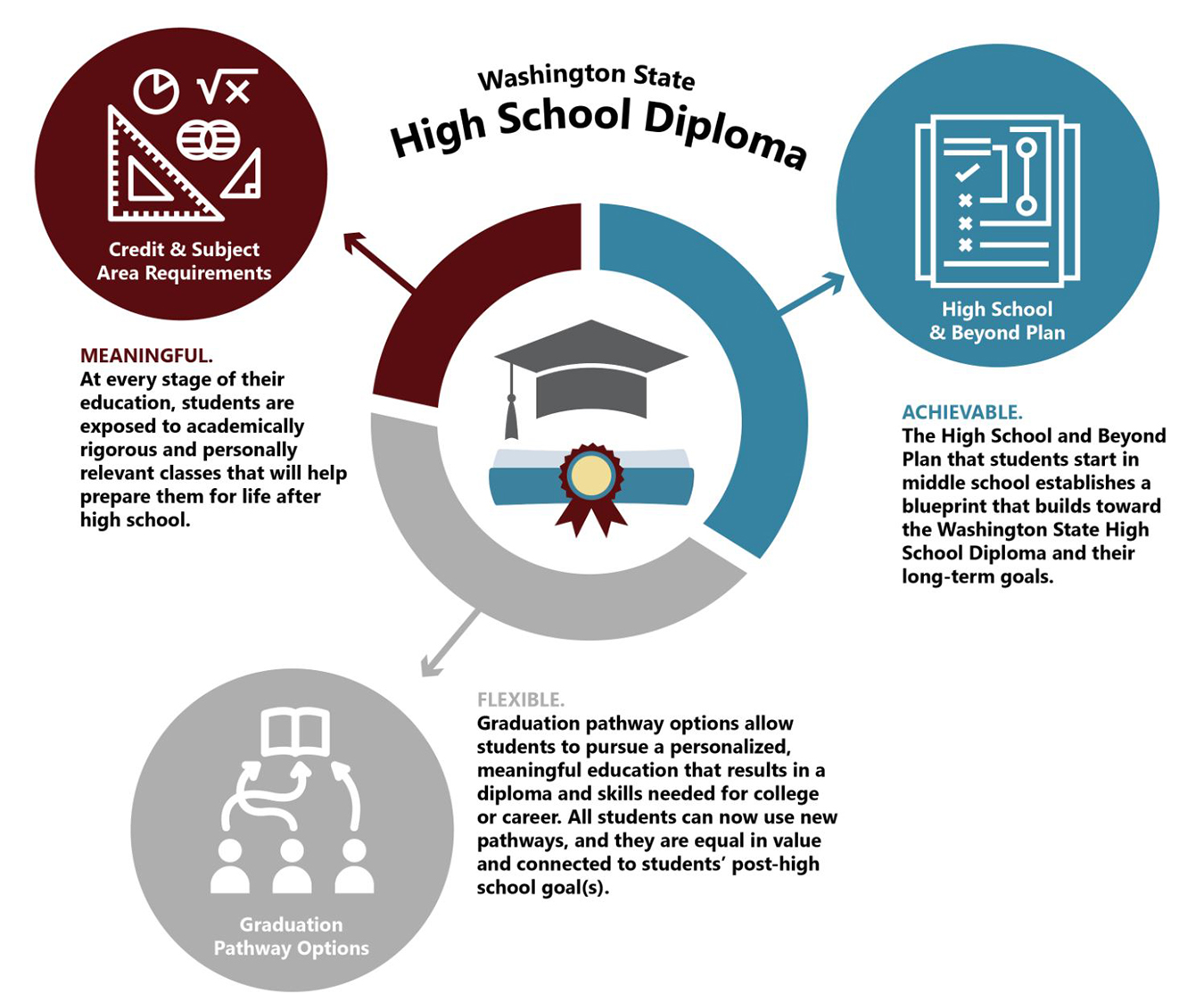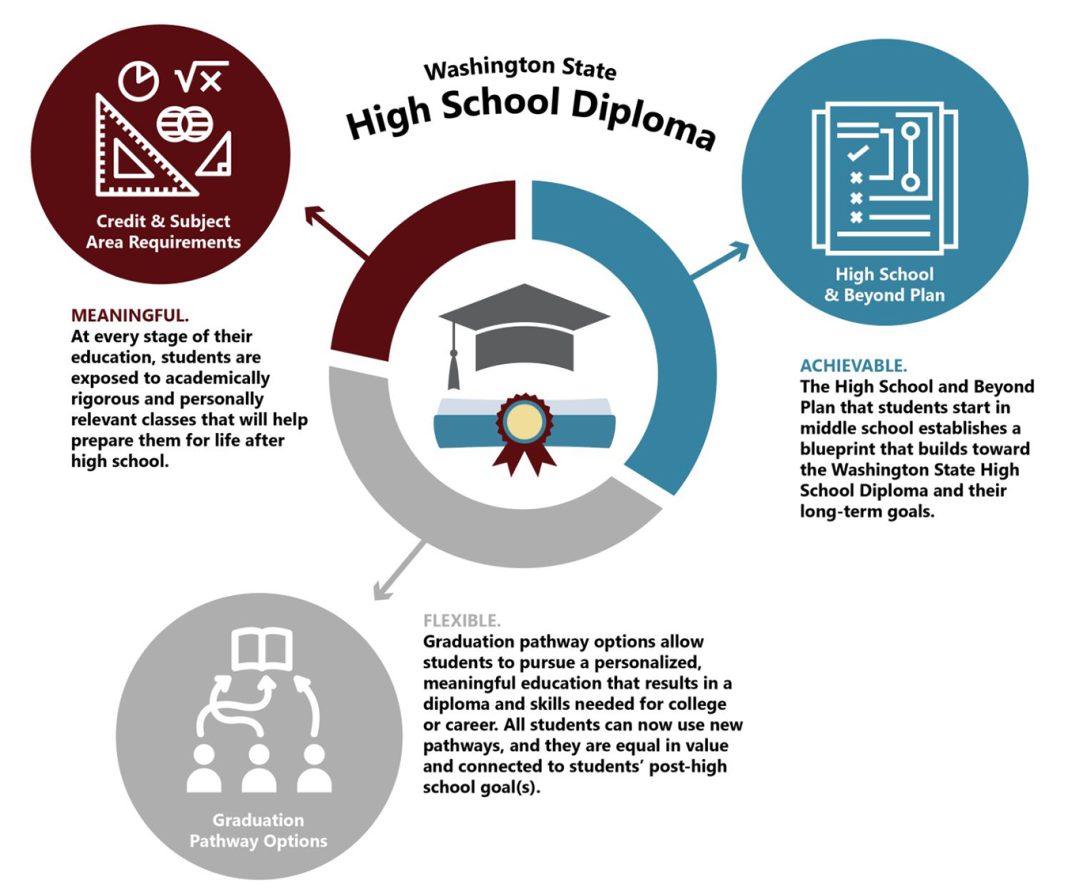 California Becomes 26th State to Require Financial Literacy Education
California Becomes 26th State to Require Financial Literacy Education
By the 2030-2031 academic year, California public high school students will be required to take and pass a financial literacy class in order to graduate. This move makes California the 26th state in the US to add financial literacy instruction as a high school graduation requirement. The Assembly Bill 2927, signed into law by Gov. Gavin Newsom on June 29, will fund single-semester personal finance courses for all public high schools starting in the 2027-2028 academic year, with the graduation requirement taking effect in 2030-2031.
The Importance of Financial Literacy Education
Superintendent Tony Thurmond highlighted the importance of financial literacy education, stating that young people need a clear understanding of personal finance to make educated financial choices and build successful futures. By adding personal finance to high school graduation requirements, California aims to acknowledge that managing household finances and building financial stability are essential life skills that every child should have the opportunity to learn.
Growing Nationwide Requirements
Next Gen Personal Finance, a nonprofit organization advocating for high school financial literacy mandates, verified that more than half of the states now have a financial literacy requirement. The organization’s “Mission 2030” initiative aims to achieve nationwide requirements by 2030. Since 2023, states like Pennsylvania, Wisconsin, Oregon, Louisiana, Connecticut, Minnesota, Indiana, and West Virginia have joined the growing list of states with financial literacy requirements.
The Need for Dedicated Personal Finance Courses
Next Gen Personal Finance emphasizes the importance of dedicated personal finance courses rather than embedding financial literacy within other subjects. They argue that personal finance cannot be adequately covered in just a week or two or by using another course entirely to satisfy the requirement.
Benefits of Financial Literacy Education
Dale Kramer, a coordinator and teacher of financial literacy courses in Massena, New York, believes that financial literacy education offers numerous benefits to students. He explains that the curriculum can start with basic lessons about budgeting small amounts of money and expand into more complex topics like investment portfolios and wealth management. By teaching personal finance, students gain a better understanding of personal accountability and responsibility.
Challenges in Teaching Financial Literacy
Mr. Kramer points out that today’s young people struggle to grasp the concept of money as tangible because they rarely use paper currency or checks. Most transactions are done digitally through credit cards or phone apps. Therefore, learning about money and its practicalities is not happening naturally outside the classroom. Mr. Kramer believes that financial literacy education is crucial, especially in today’s post-literate digital culture.
The Impact of Personal Finance Classes
Mr. Kramer’s personal finance class in Massena had a significant impact on his students. Many of them pursued business or finance as college majors, and the practical knowledge they gained helped them manage their own money effectively. The class incorporated various subjects like math, English Language Arts, and social studies, making it a comprehensive learning experience.
Expanding Financial Literacy Education in New York State
Mr. Kramer hopes that similar personal finance classes will be available in high schools across New York State. He believes that lessons on income taxes, predatory lending, and the dangers of acquiring too many “member rewards” cards should be included in the curriculum. Teaching students about delayed gratification and making wise financial decisions are essential aspects of financial literacy education.
Conclusion
California’s decision to require financial literacy education for high school students reflects the growing recognition of the importance of personal finance skills. By including dedicated personal finance courses in graduation requirements, states like California are equipping students with essential life skills and empowering them to make informed financial choices in the future. As more states join this movement, the hope is that all students will have access to comprehensive financial literacy education, setting them up for successful and stable futures.


